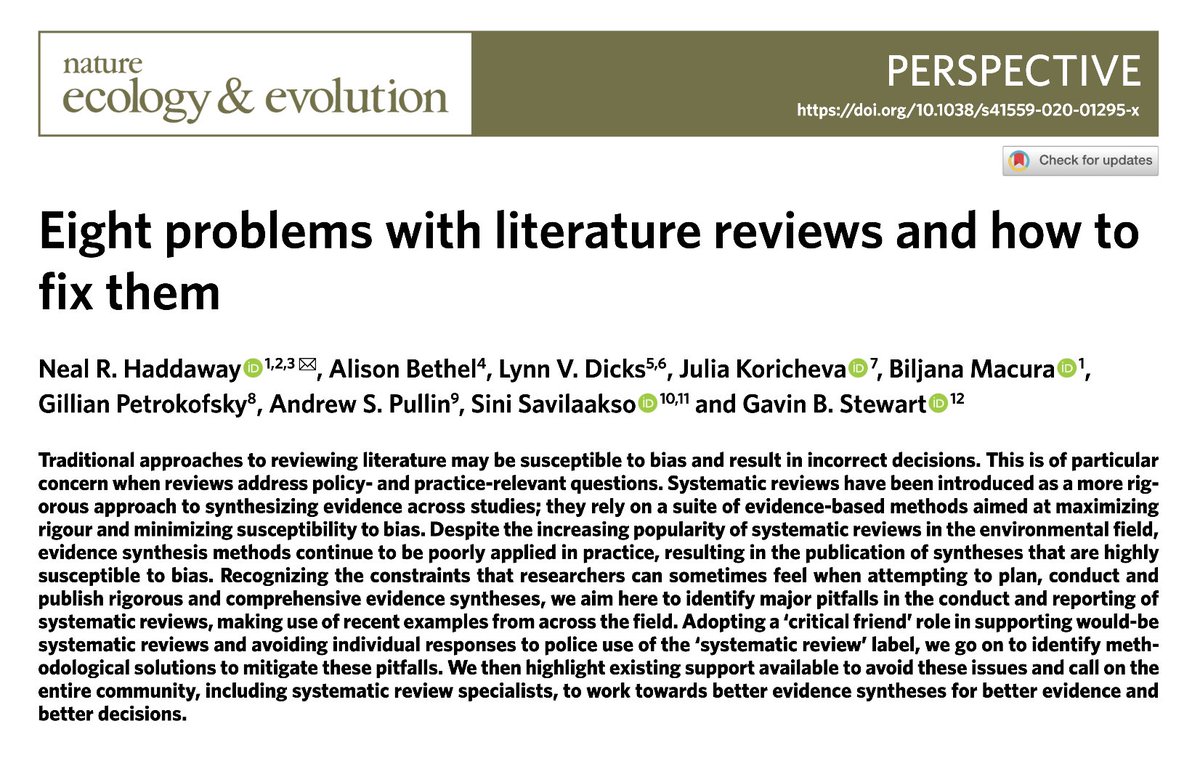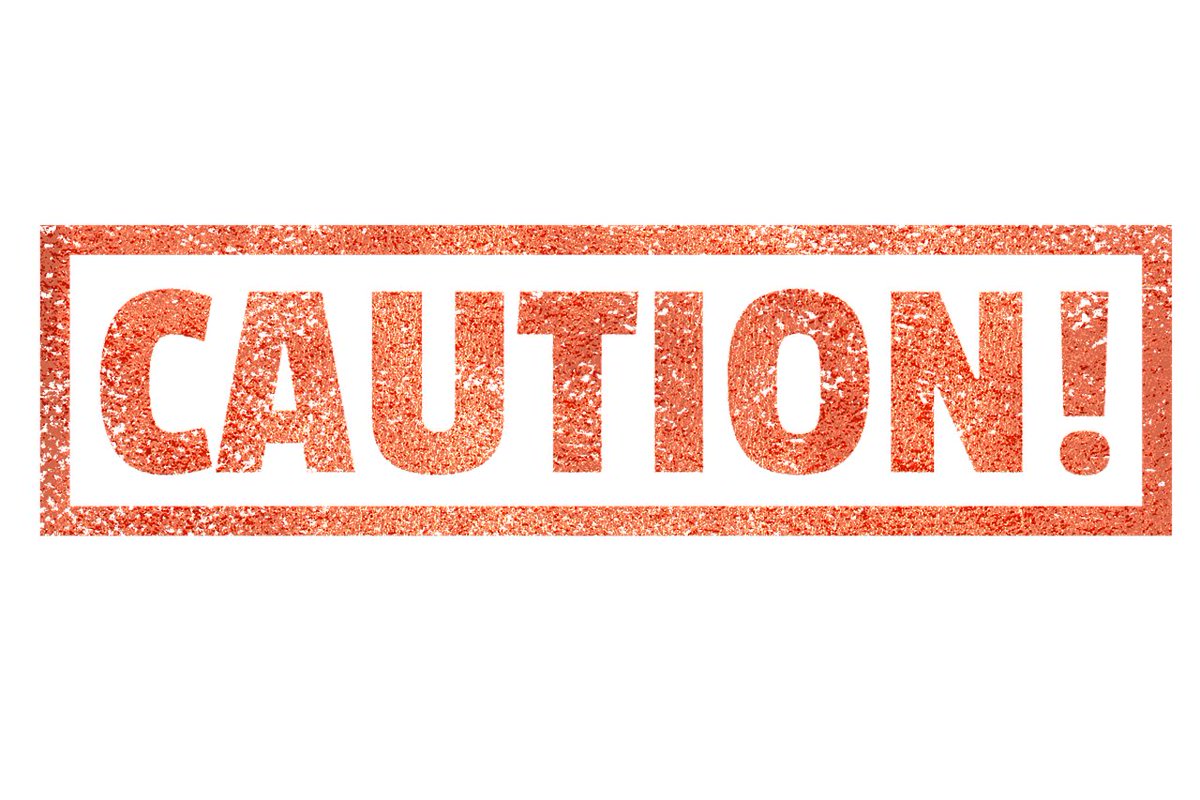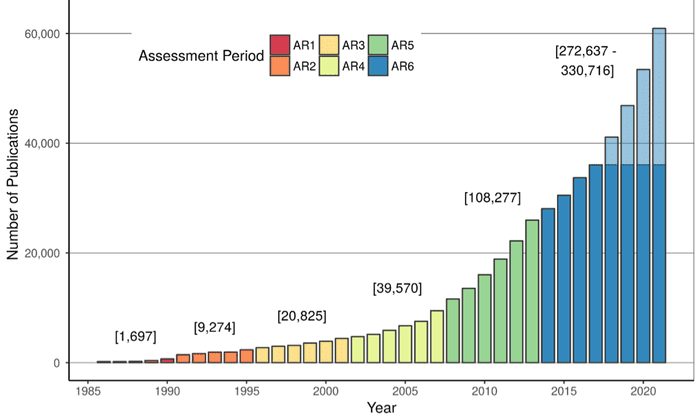
Photojournalist and environmental photographer | Food imperialism researcher | Evidence synthesis methods trainer
How to get URL link on X (Twitter) App


 Many researchers will feel unease at discussing emotions in a professional context - subjectivity is even trained out of us.
Many researchers will feel unease at discussing emotions in a professional context - subjectivity is even trained out of us.



 You can now build complex Google site: searches the same way you can in Google Scholar...
You can now build complex Google site: searches the same way you can in Google Scholar... 

 Traditional ways of reviewing the literature may be susceptible to bias and end up giving us incorrect conclusions.
Traditional ways of reviewing the literature may be susceptible to bias and end up giving us incorrect conclusions.

 We agree with others that we now face an 'information crisis' (#infodemic). There is SO much published research we need to find and digest.
We agree with others that we now face an 'information crisis' (#infodemic). There is SO much published research we need to find and digest.



